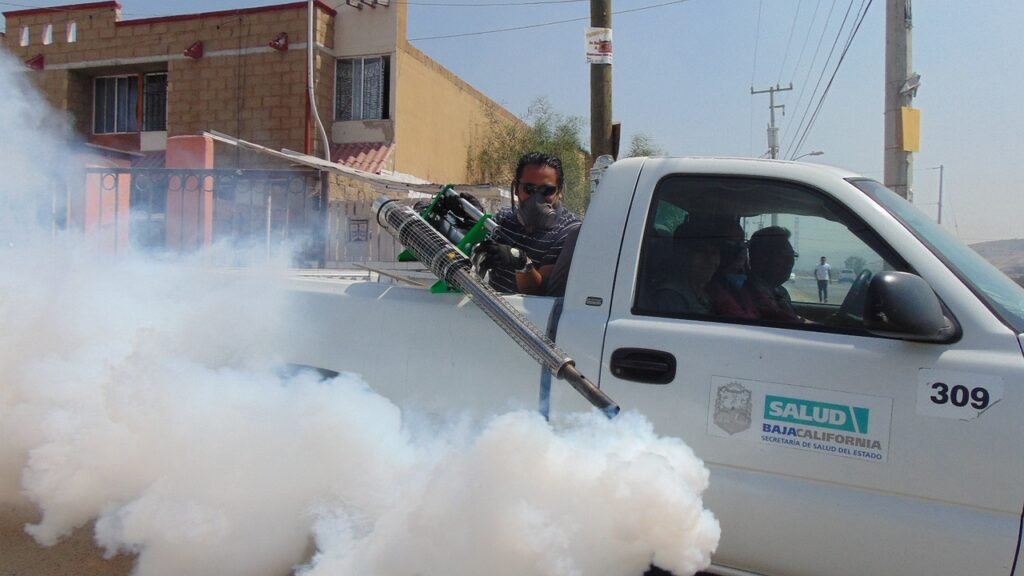In Annapolis, mosquito control plays a crucial role in ensuring a peaceful and enjoyable outdoor experience for residents and visitors alike. These pesky insects not only cause annoyance with their relentless biting, but they also pose a significant health risk due to their potential to transmit diseases. From the buzzing sound that keeps you awake at night to the itchy bites that leave a lasting mark, the importance of effective mosquito control cannot be overstated. Join us as we explore the various methods and strategies employed in Annapolis to keep these unwanted guests at bay, allowing everyone to make the most of the beautiful outdoors in this charming city.
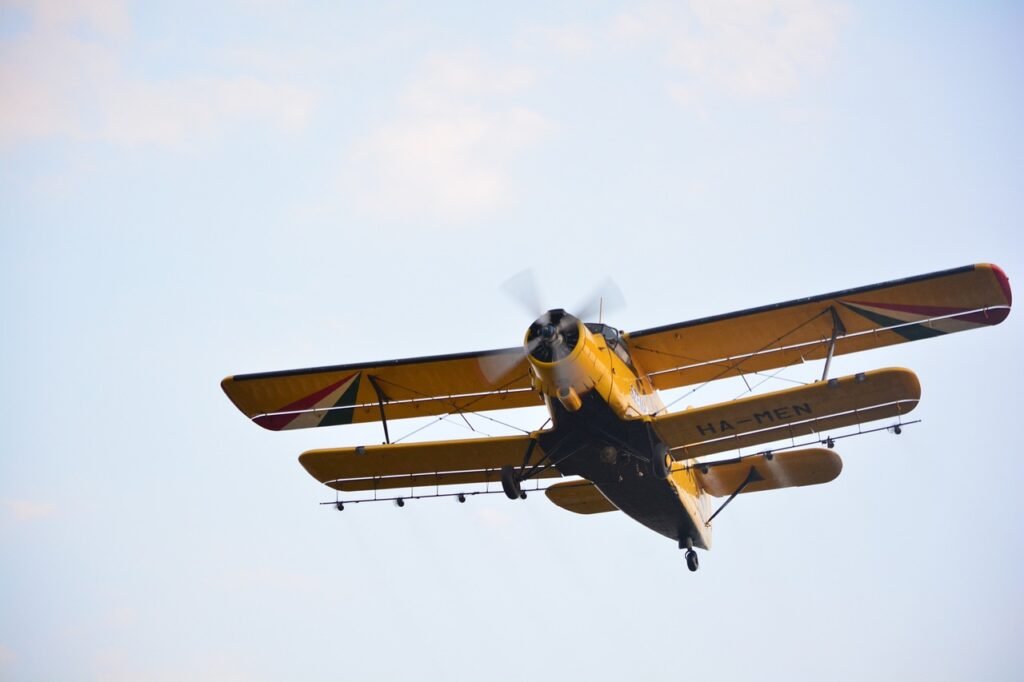

Understanding the Mosquito Problem in Annapolis
Annapolis, a picturesque city with its waterfront and historic charm, is unfortunately plagued by a persistent mosquito problem. To effectively address this issue, it is essential to understand the species of mosquitoes in the area, the magnitude of the infestation, and the seasonal peaks of their presence.
Identification of Mosquitoes Species
Annapolis is home to a variety of mosquito species, including the Aedes, Culex, and Anopheles mosquitoes. Each species has distinctive characteristics, behavior patterns, and breeding habitats, making it crucial to identify and understand them. By identifying the specific mosquitoes prevalent in Annapolis, we can tailor our control efforts to target the species more effectively.
Magnitude of Mosquito Infestation in Annapolis
The magnitude of the mosquito infestation in Annapolis is a significant concern for both residents and visitors. Mosquitoes thrive in the city’s humid and warm climate, where they find ample breeding grounds in standing water sources such as marshes, ponds, and even small containers. Monitoring and quantifying the number of mosquitoes present in the city is crucial in evaluating the effectiveness of control measures and developing appropriate strategies.
Seasonal Peaks of Mosquito Infestation
Mosquito infestations in Annapolis tend to peak during the warmer months, typically from late spring to early fall. These periods coincide with the optimal conditions for mosquito breeding and activity. Understanding these seasonal peaks allows us to focus control efforts during times when mosquitoes are most active and breeding, maximizing their effectiveness.
Reasons Why Mosquito Control is Important in Annapolis
Mosquito control plays a vital role in maintaining the health and well-being of the Annapolis community. From health risks to the negative impact on outdoor activities and tourism, it is crucial to prioritize effective mosquito control strategies.
Health Risks Associated with Mosquitoes
Mosquitoes are notorious for transmitting various diseases, posing significant health risks to residents and visitors of Annapolis. Diseases such as West Nile virus, Zika virus, and Eastern equine encephalitis are all potential threats. Taking proactive measures to control the mosquito population significantly mitigates the risk of these illnesses, protecting public health.
Impact on Outdoor Activities
Annapolis is renowned for its outdoor recreational opportunities, from boating and hiking to picnicking in the parks. However, a mosquito-infested environment can severely diminish the enjoyment of these activities. Mosquito control is crucial for creating a safe and pleasant outdoor environment, allowing residents and visitors to fully engage in outdoor pursuits without the nuisance and potential health hazards associated with mosquito bites.
Negative Impact on Tourism
Tourism is a vital economic driver for Annapolis, attracting visitors from around the world. However, a mosquito problem can deter tourists and potentially harm the city’s reputation as a sought-after destination. By implementing effective mosquito control measures, we can ensure that visitors have a pleasant experience, bolstering the tourism industry and supporting the local economy.
Health Risks Posed by Mosquitoes
Mosquito-borne diseases and allergic reactions are serious health risks posed by mosquitoes in Annapolis. Understanding these risks can highlight the need for robust mosquito control efforts to safeguard public health.
Mosquito-borne Diseases in Annapolis Area
The prevalence of mosquito-borne diseases in the Annapolis area is a cause for concern. Diseases such as West Nile virus, transmitted by Culex mosquitoes, and Zika virus, primarily transmitted by Aedes mosquitoes, can have severe consequences for those infected. Symptoms range from mild flu-like symptoms to neurological complications and birth defects in the case of Zika virus. Mosquito control measures are essential to reduce the transmission of these diseases and protect the population.
Mosquito-related Allergies and Reactions
In addition to diseases, mosquito bites can also trigger allergic reactions in some individuals. Mosquito saliva contains proteins that can elicit mild to severe allergic responses, leading to symptoms such as itching, redness, and swelling. For individuals with existing allergies, these reactions can be particularly severe, requiring medical attention. By controlling mosquito populations, we can prevent the frequency of mosquito bites and minimize the risk of allergic reactions.
Long-term Risks of Mosquito Diseases
Beyond the immediate health risks, mosquito-borne diseases can have long-term consequences. Some diseases, such as the Zika virus, have been shown to have detrimental effects on fetal development. Pregnant women infected with the Zika virus are at risk of giving birth to babies with birth defects. By implementing effective mosquito control strategies, we not only protect the current population but also invest in the long-term health and well-being of future generations.
Various Mosquito Control Techniques
Controlling mosquito populations in Annapolis requires a multi-faceted approach that combines various techniques tailored to the local context. Biological, chemical, and physical control methods each have their advantages and should be employed judiciously.
Biological Mosquito Control
Biological control methods utilize natural predators, such as fish and insect species, to target mosquito larvae and reduce their numbers. Introducing larvivorous fish or using bacteria that kill mosquito larvae, such as Bacillus thuringiensis israelensis (Bti), can be effective in controlling mosquito populations. These methods are environmentally friendly and pose minimal risk to non-target organisms, making them an appealing choice in certain circumstances.
Chemical Mosquito Control
Chemical control involves the use of insecticides to kill adult mosquitoes or inhibit their reproduction. This approach may include fogging or spraying insecticides in affected areas. When used responsibly and following appropriate guidelines, chemical control can effectively reduce mosquito populations. However, it is crucial to consider the potential environmental impact and carefully select the least harmful products.
Physical Mosquito Control
Physical control measures aim to prevent mosquito breeding and restrict their access to human habitats. This may involve eliminating standing water sources, installing window screens, or using physical barriers such as mosquito nets or traps. By modifying the environment to make it less suitable for mosquito breeding and biting, physical control measures offer long-term solutions to the mosquito problem.
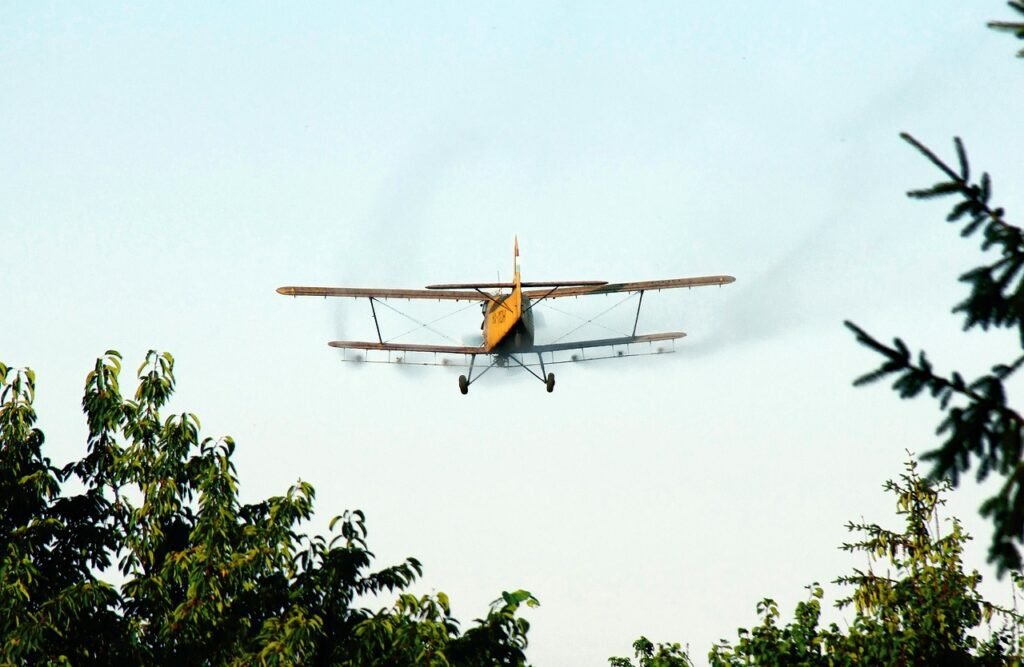

Assessing the Effectiveness of Mosquito Control
Evaluating the effectiveness of mosquito control efforts is essential to refine strategies and allocate resources effectively. Monitoring mosquito populations and considering key indicators enable us to gauge the success of control measures.
Key Indicators of Effective Control
Several key indicators can help assess the effectiveness of mosquito control measures. These include monitoring the reduction in mosquito populations over time, tracking the incidence of mosquito-borne diseases, and evaluating the satisfaction and feedback from the local community. By carefully analyzing these indicators, authorities can make informed decisions and continually improve control strategies.
Monitoring of Mosquito Populations
Regular monitoring of mosquito populations provides valuable data on their behavior and abundance. This data can help identify problem areas, determine the efficacy of control measures, and guide targeted interventions. Techniques such as light traps, mosquito larvae sampling, and community-based reporting systems contribute to a comprehensive understanding of the mosquito infestation in Annapolis.
Public and Private Responses to Control Measures
The response from the public and private stakeholders is a critical aspect of assessing the effectiveness of mosquito control measures. If control efforts are perceived as successful and impactful, it is more likely that individuals and communities will actively participate and support ongoing initiatives. Regular communication with the public, including educational campaigns, can foster engagement and ensure the continued success of control strategies.
Role of Government Agencies in Mosquito Control
Government agencies at various levels play an integral role in mosquito control efforts. Local, state, and national initiatives, along with financial support, are necessary to effectively address the mosquito problem in Annapolis.
Local Government Initiatives
At the local level, government agencies are responsible for implementing mosquito control programs tailored to the specific needs of Annapolis. These initiatives may include regular mosquito surveillance, source reduction campaigns to eliminate breeding sites, and collaborations with community organizations to promote awareness. The involvement of local governments is crucial in ensuring a coordinated and comprehensive approach to mosquito control.
Involvement of State and National Agencies
State and national agencies provide support and guidance to local authorities in combating mosquito infestations. They offer resources, expertise, and training to enhance mosquito surveillance and control efforts. By collaborating with these agencies, local governments can tap into a broader knowledge base and access additional funding opportunities.
Government Funding for Mosquito Control
Sustained government funding is a vital component of successful mosquito control programs. Financial resources ensure the implementation of robust control strategies, training for personnel, and research on emerging techniques. Adequate funding enables governments to prioritize mosquito control as a public health issue and protect communities from the risks associated with mosquito-borne diseases.
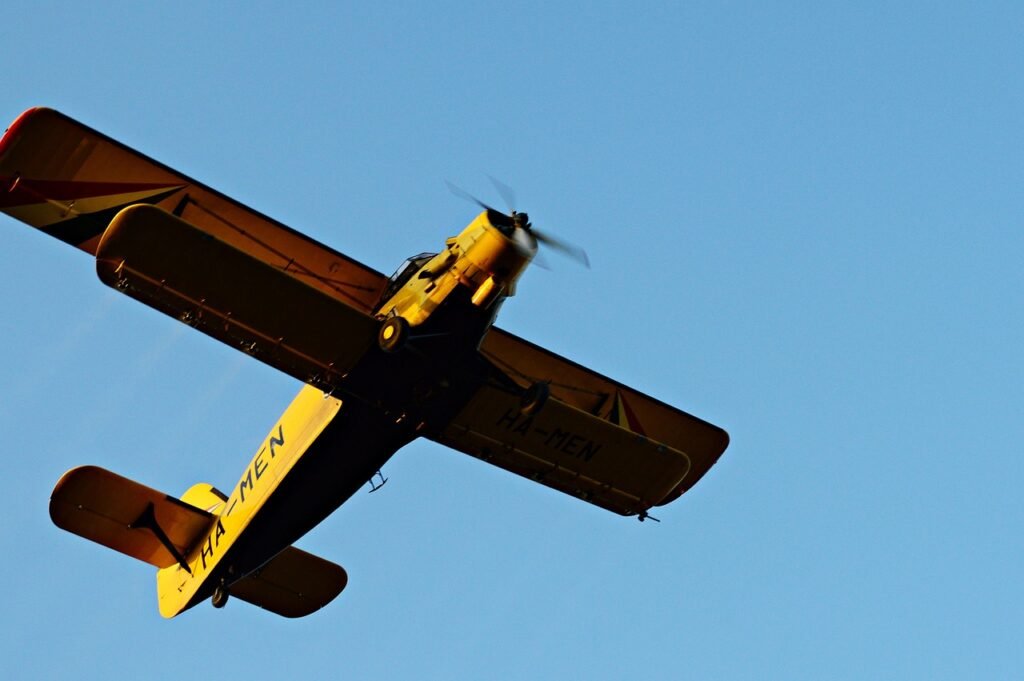

Community Collaboration in Mosquito Control
Engaging the community in mosquito control efforts is essential for achieving long-lasting results. By promoting public awareness, encouraging community participation, and fostering collaboration with neighborhood groups and nonprofits, significant progress can be made in reducing mosquito populations.
Promoting Public Awareness
Raising public awareness about the importance of mosquito control is key to garnering community support. Educational campaigns that emphasize the health risks and methods of mosquito control can empower individuals to take proactive measures in their homes and neighborhoods. Public awareness initiatives, including workshops, informational materials, and social media campaigns, serve as valuable tools in disseminating knowledge and promoting behavior change.
Neighborhood Clean-up Initiatives
Community-led efforts to clean up potential mosquito breeding sites in neighborhoods can have a significant impact on reducing the mosquito population. Encouraging residents to remove standing water from their properties, properly dispose of waste, and maintain yards and gardens can collectively create an environment less conducive for mosquito breeding. By working together, communities can create a safer and healthier living environment for everyone.
Role of Community Groups and Nonprofits
Collaborating with community groups and nonprofits is instrumental in implementing effective mosquito control strategies. These organizations often have close ties to local communities and can mobilize resources and volunteers to support mosquito surveillance, source reduction projects, and educational initiatives. By harnessing the collective power of community groups and nonprofits, Annapolis can strengthen its mosquito control efforts and foster a sense of ownership among residents.
Private Sector Solutions for Mosquito Control
The private sector plays an essential role in providing mosquito control services and empowering private property owners to take proactive measures. Commercial mosquito control services offer professional expertise, tools, and treatments, while do-it-yourself (DIY) options cater to those who prefer a more hands-on approach.
Commercial Mosquito Control Services
Commercial mosquito control services specialize in identifying, treating, and managing mosquito-infested areas. These professional services utilize a range of techniques, including chemical treatments, larvicide applications, and fogging. Commercial providers often offer tailored solutions, such as routine inspections and treatments, for both residential and commercial properties. Utilizing the expertise of these professionals can be an effective solution for property owners seeking comprehensive mosquito control.
DIY Mosquito Control Options
For those who prefer a more hands-on approach, numerous do-it-yourself (DIY) mosquito control options are available. These include installing mosquito nets, using mosquito traps or zappers, and applying insect repellents. DIY methods can be cost-effective and easily implemented at the individual level, particularly for smaller properties or personal outdoor spaces. However, it is essential to follow recommended guidelines and products to ensure effectiveness and safety.
Recommendations for Private Property Owners
Private property owners have a crucial role to play in mosquito control efforts. Implementing simple measures such as regularly emptying containers holding stagnant water, maintaining swimming pools properly, and keeping yards clean and free of debris can significantly reduce mosquito breeding grounds. Additionally, property owners can consider utilizing commercial mosquito control services or DIY options to complement their own efforts. By taking proactive steps, private property owners contribute to the overall reduction in mosquito populations, benefiting both themselves and the community.
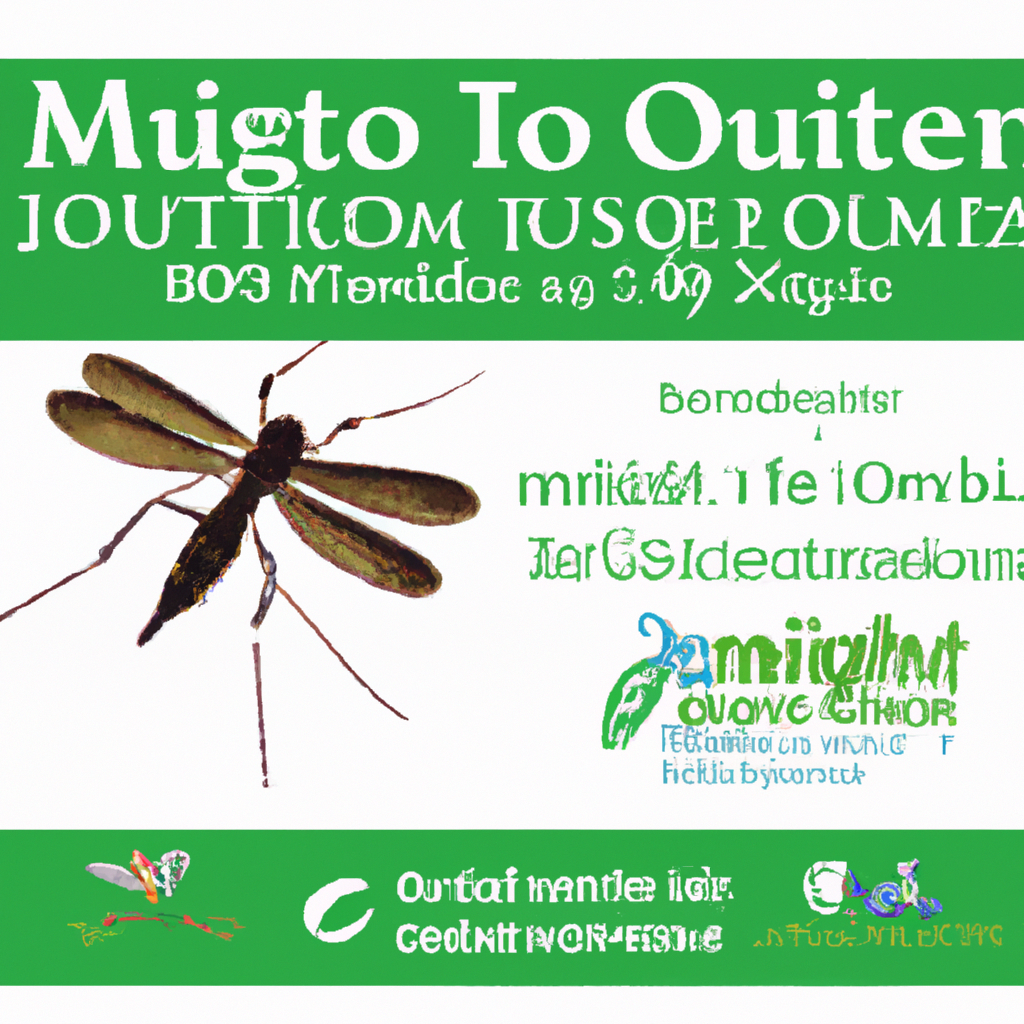

Impact of Climate Change on Mosquito Control
Climate change poses significant challenges to mosquito control strategies, as it alters environmental conditions and affects mosquito populations. Understanding these impacts is essential for adapting control measures and ensuring their long-term effectiveness.
Increased Mosquito Populations due to Climate Change
Warmer temperatures and changing precipitation patterns associated with climate change provide favorable conditions for mosquito breeding and population growth. Mosquitoes thrive in increased humidity and seek out areas with ample standing water sources. As climate change continues to alter the natural environment, mosquito populations may expand into new territories and persist for longer periods, making effective control more challenging.
Additional Challenges for Mosquito Control
Climate change introduces additional challenges to mosquito control efforts. Extreme weather events, such as heavy rainfall and flooding, can create new breeding sites and exacerbate mosquito populations. Furthermore, rising temperatures may alter mosquito behavior, including their feeding patterns and the timing of their life cycles. These changes require continual monitoring and adaptation of control strategies to mitigate the impact of climate change effectively.
Adapting Mosquito Control Strategies
To combat the challenges posed by climate change, mosquito control strategies must be adaptable and responsive to changing conditions. Incorporating climate data and projections into planning efforts allows for proactive measures to mitigate the impact of increased mosquito populations. This may include early surveillance, targeted control interventions, and public awareness campaigns to educate communities about the changing risks and appropriate prevention measures. By staying ahead of the curve, Annapolis can effectively address the evolving mosquito problem in the face of climate change.
Future of Mosquito Control in Annapolis
The future of mosquito control in Annapolis holds promise with emerging techniques, policy recommendations, and a global perspective that prioritizes effective control measures.
Emerging Techniques in Mosquito Control
Advancements in technology and scientific research offer new opportunities for mosquito control. Innovations such as genetically modified mosquitoes, targeted gene drives, and expanded use of biological control agents hold potential in reducing mosquito populations. These emerging techniques require careful evaluation and ethical considerations to ensure their safety, effectiveness, and long-term sustainability.
Policy Recommendations for Effective Control
To enhance mosquito control efforts, policymakers should prioritize comprehensive strategies that combine various techniques, incorporate climate change considerations, and foster community engagement. Policies focused on sustainable funding streams, standardized surveillance and monitoring systems, and regular evaluation of control measures can contribute to long-term success. Formulating policies based on the experiences and evidence from both local and global mosquito control initiatives ensures a well-rounded approach to tackling the problem.
Looking at Effective Control Measures Globally
Mosquito control measures implemented around the world provide valuable insights and lessons for Annapolis. Studying successful programs, such as those in countries like Singapore, Brazil, and Australia, can guide local efforts and inspire best practices. By embracing a global perspective, Annapolis can tap into a wealth of knowledge and collaborate with international partners to find innovative solutions for mosquito control.
In conclusion, understanding the mosquito problem in Annapolis is essential for effective control. By identifying mosquito species, assessing the magnitude of infestation, and recognizing seasonal peaks, targeted control efforts can be implemented. The importance of mosquito control lies in mitigating health risks, preserving outdoor activities and tourism, and safeguarding public health. Health risks posed by mosquitoes, such as disease transmission and allergic reactions, emphasize the need for comprehensive mosquito control strategies. Biological, chemical, and physical control methods offer diverse approaches to combat mosquito populations. Assessing effectiveness through key indicators, monitoring mosquito populations, and fostering community collaboration are crucial in developing successful control measures. Government agencies, community collaboration, and private sector solutions each play a vital role in achieving effective mosquito control. Climate change poses challenges but also opportunities for adapting control strategies. The future of mosquito control in Annapolis relies on emerging techniques, informed policies, and an exploration of successful global control measures. By prioritizing mosquito control efforts, Annapolis can create a safer, healthier, and more enjoyable environment for all.
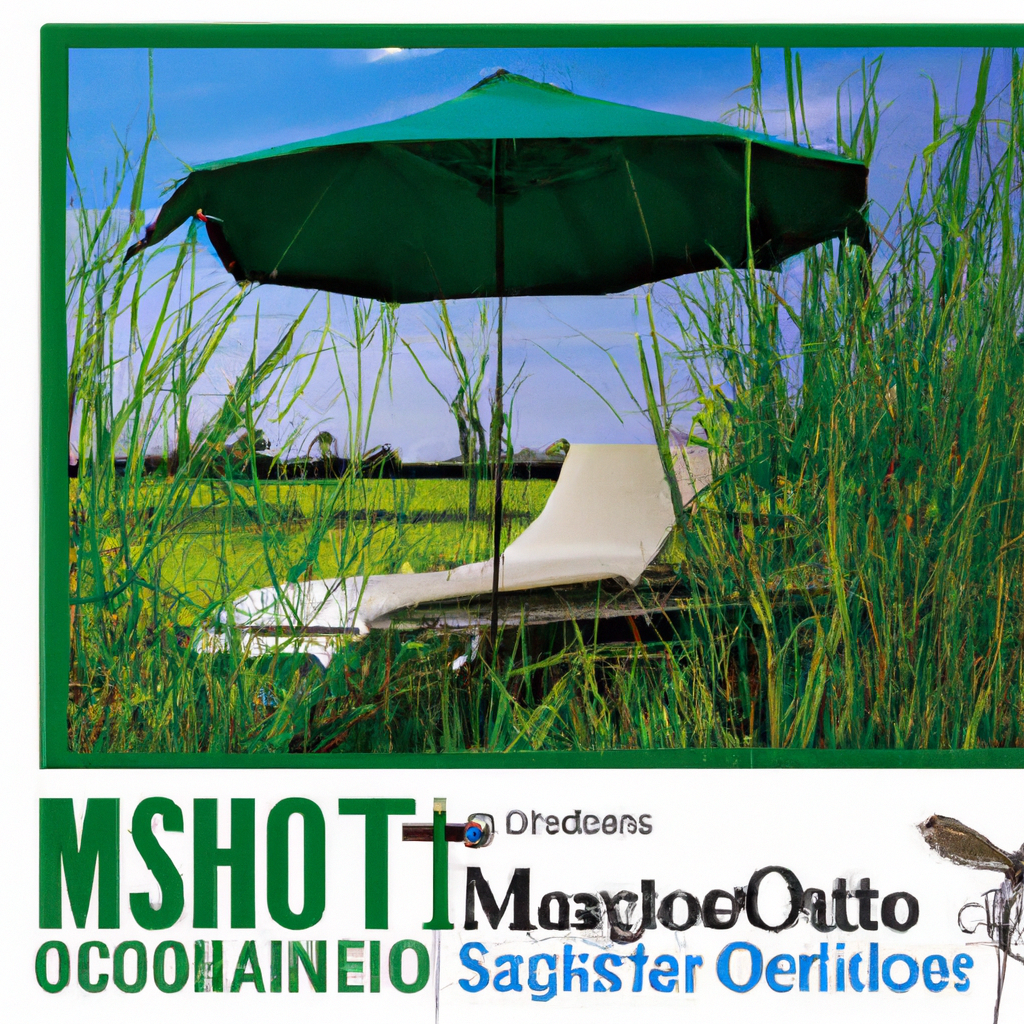

Your Expert in Animal Control and Extermination. Trust our experience for humane, effective pest management, protecting your property and ensuring peace of mind with Michael S.




